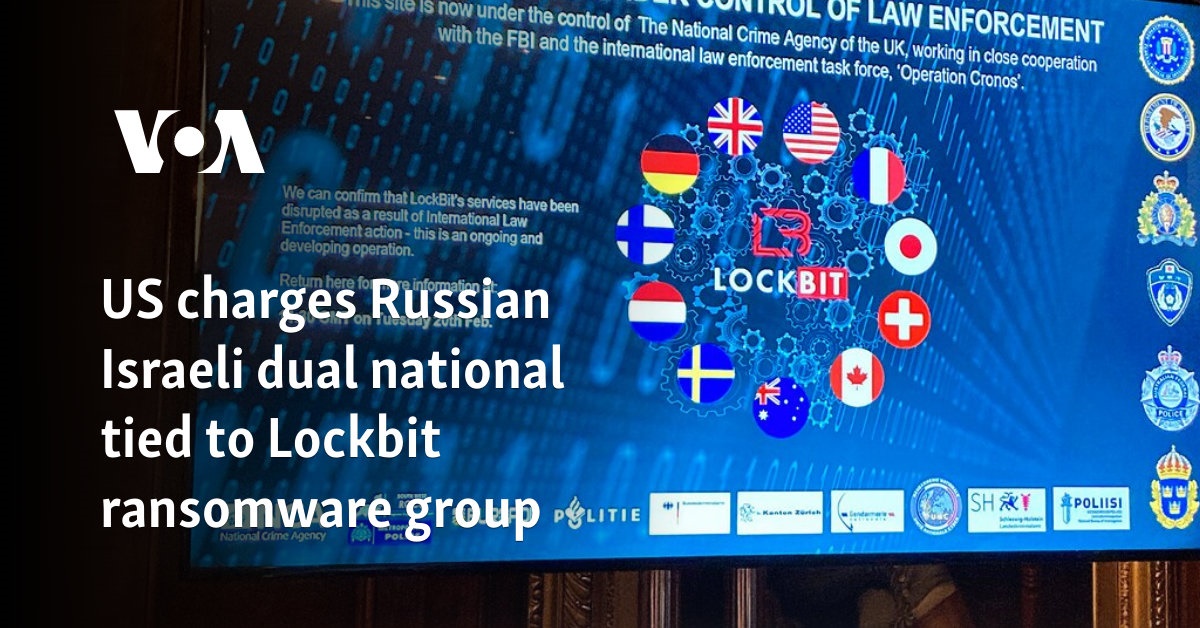In a significant development, the United States has made a stride in the fight against cybercrime by charging a Russian Israeli dual citizen in connection with the notorious Lockbit ransomware group. Rostislav Panev, 51, was apprehended in Israel in August and is currently awaiting extradition to the United States for his alleged role in the illicit activities of the ransomware group.
According to the Justice Department, Panev served as a developer at Lockbit from its inception in 2019 until at least February 2024. During his tenure, Lockbit evolved into one of the most active and destructive ransomware groups globally, causing havoc on a massive scale. Attorney General Merrick Garland emphasized the importance of holding individuals accountable for their roles in such criminal operations, in addition to dismantling the networks themselves.
Lockbit, along with its malicious software, targeted over 2,500 victims across 120 countries, ranging from small businesses to large corporations, hospitals, schools, critical infrastructure, and government agencies. The ransomware-as-a-service model adopted by Lockbit involved a core team of developers and administrators collaborating with affiliates to execute attacks, with the proceeds from extortions being shared among the parties involved.
The nefarious activities of Lockbit and its affiliates resulted in extortion payments amounting to at least $500 million from victims, in addition to substantial costs incurred by businesses due to lost revenue and expenses related to incident response and recovery. The crackdown on Lockbit gained momentum with the guilty pleas of two Russian members of the gang, Ruslan Astamirov and Mikhail Vasiliev, in July. Furthermore, the seizure of multiple Lockbit websites in February by law enforcement agencies dealt a severe blow to the group’s operations.
Despite Lockbit’s brazen declaration of resilience following the website seizures, law enforcement efforts proved effective in denting the gang’s credibility in the cybercriminal landscape. Experts believe that the government’s actions have significantly curtailed Lockbit’s activities, driving down the volume of attacks orchestrated by the group. Jeremy Kennelly, a cybersecurity analyst affiliated with Google’s parent company, Alphabet, noted that while some affiliates may have transitioned to collaborating with other cybercrime syndicates, the crackdown on Lockbit has sent a clear message that ransomware attacks will not go unpunished.
In conclusion, the arrest of Rostislav Panev and the concerted efforts to dismantle the Lockbit ransomware group underscore the commitment of law enforcement agencies in combating cyber threats. By holding individuals accountable for their roles in cybercriminal activities and disrupting the operations of nefarious groups like Lockbit, authorities aim to deter future attacks and emphasize the consequences of engaging in ransomware and extortion schemes.
